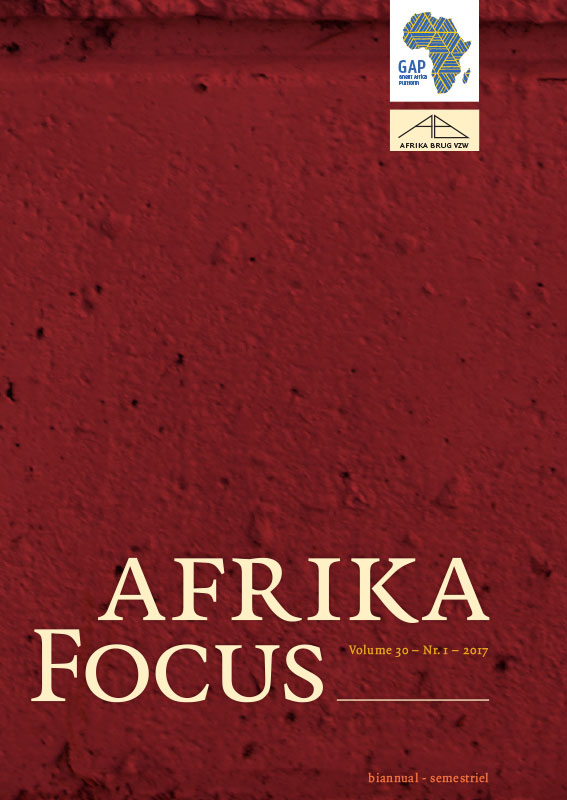Sites and objects, indigenous library and the history of Laimbwe, Cameroon
DOI:
https://doi.org/10.21825/af.v30i1.4977Abstract
This study focuses on the construction of the history of the Laimbwe people of Cameroon through indigenous methods of enquiry and/or epistemologies. These include analyses of surviving historical objects, sites and artefacts from the pre-colonial period to the reunfication of British Southern Cameroons with the Cameroun Republic in 1961. Some traditional items of the Laimbwe people of Cameroon and existing artefacts as well as sites reveal a very rich history with information that Western and conventional research have not vividly captured. In this paper, we reflect on the salience of these sources in understanding the rich socio-cultural and political history of the Laimbwe. There is a need to document this as an indigenous African library in this age of globali- sation so that indigenous knowledge systems are disseminated to a wider academic audience. A construction of Laimbwe history through these indigenous forms of the library present them as new perspectives of local epistemologies beyond the capture of the western library introduced into Africa during the colonial period and even before. It continues to shape the way African national and local histories are written based on Western interpretations and or epistemologies. Key words: sites, objects, history, Laimbwe, CameroonDownloads
Published
How to Cite
Issue
Section
License
Authors who publish with this journal agree to the following terms
Authors retain copyright and grant the journal right of first publication with the work simultaneously licensed under a Creative Commons Attribution License that allows others to share the work with an acknowledgement of the work's authorship and initial publication in this journal.
Authors are able to enter into separate, additional contractual arrangements for the non-exclusive distribution of the journal's published version of the work (e.g., post it to an institutional repository or publish it in a book), with an acknowledgement of its initial publication in this journal.
Authors are permitted and encouraged to post their work online (e.g., in institutional repositories or on their website) prior to and during the submission process, as it can lead to productive exchanges, as well as earlier and greater citation of published work (See The Effect of Open Access).


